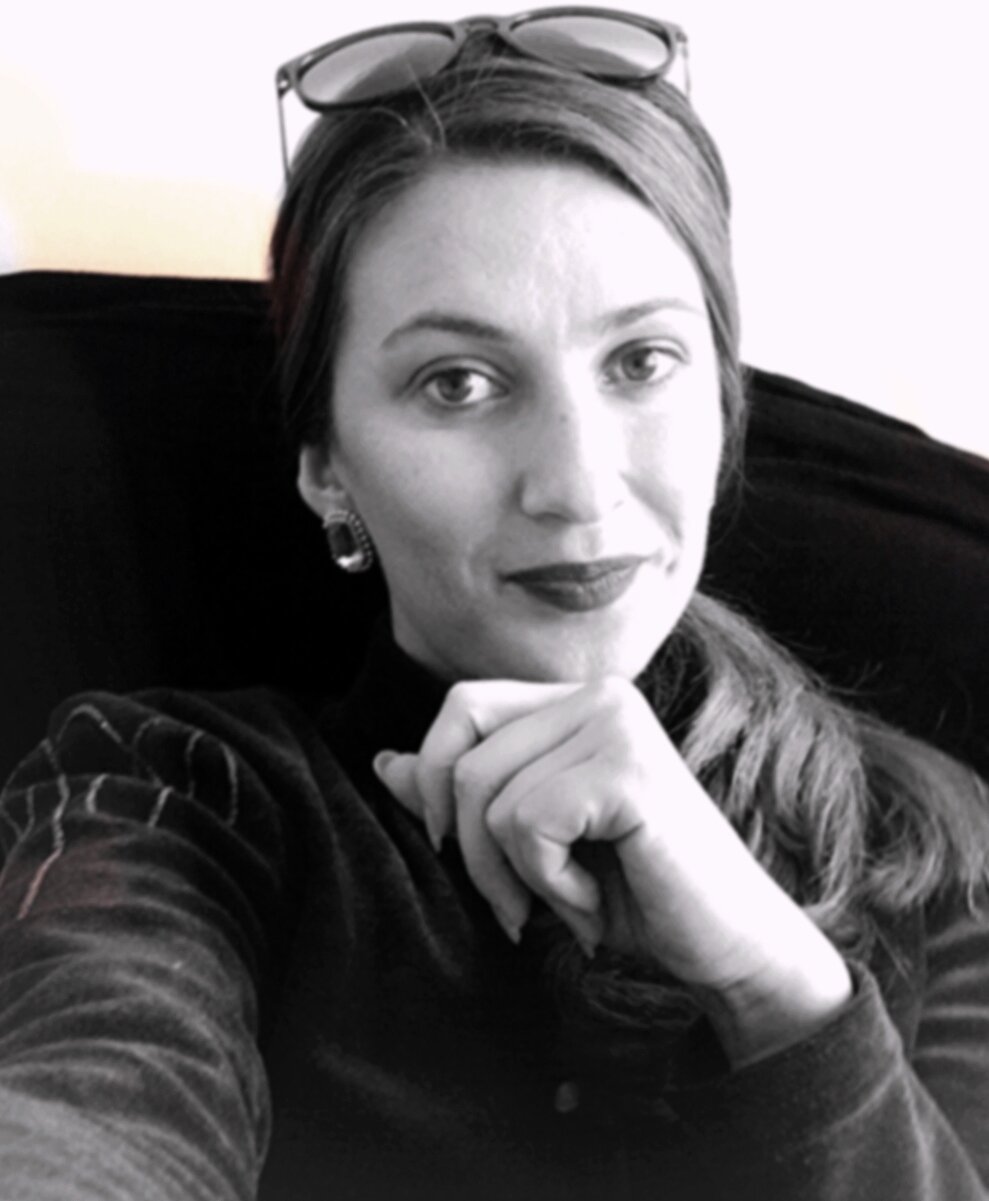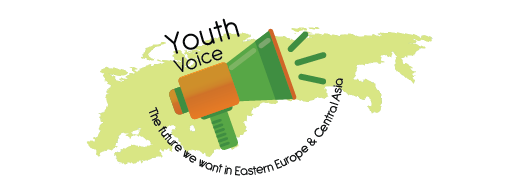“Sons are needed for the inheritance of the family name. If you have a son, your name is not lost and your door is not closed when your daughters get married” – Focus group discussion with men,rural area in Diber, Albania
“Sons are needed for the inheritance of the family name. If you have a son, your name is not lost and your door is not closed when your daughters get married” – Focus group discussion with men, rural area in Diber, Albania
“A girl cannot take revenge when something happens. This Kanun does not leave us at peace” – Grandmother, Bathore, rural part of Tirana, Albania
“The family of my husband was upset…I have felt inferior and withdrawn because I have given birth to daughter” – Mother, Bathore, rural part of Tirana, Albania
“There are cases that the parents come just to reconfirm the sex…You work hard for 20 minutes to see the baby in ultrasound scan and they ask you just for the sex” – Gynecologist, ultrasound specialist, Tirana, Albania
* All quotes are from the “Sex imbalances at birth in Albania, UNFPA report, 2012”
The Council of Europe warns that sex-selective abortion has become a worrying issue in Europe, particularly in Albania, Armenia, Azerbaijan and Georgia. Traditionally, Albanian families have preferred boys over the girls and the above statements clearly indicate that this patriarchal mentality is still strong in Albania. Even though the position of women within the family and in the society has been improved over the time, sex-selective abortion, favoring male babies over the female ones, is still a widespread practice over the country. According to a recent report of UNFPA “Sex imbalances at birth in Albania, 2012” more than 15.000 female fetuses may have been aborted between 2000-2010 which corresponds to 7% of female births over the same period. Evidence shows that sex-selective abortion is not an exclusive problem of rural areas of Albania; it is widespread in rural and urban areas as well. Based on the surveys conducted in the largest gynecological clinics in the country, in 2010 alone, there were 470 abortions, the main causes of being related to economic reasons, congenital deformities and the sex of the fetus. The biologically normal sex-ratio at birth ranges from 102-106 males per 100 females, whereas in Albania, this ratio is estimated to be 112 males per 100 females. This gender gap seems to have been raised after the year 1995, when abortion was legalized in Albania (as during the Communist regime, abortion was prohibited by law) and when prenatal sex-screening technology started being used in the country.
According to Albanian’s 2002 Reproductive Health Law, the use of prenatal screening for the purposes of sex-selection is not permitted and the abortion after the first trimester of pregnancy is also prohibited. Although a number of initiatives are taken by the Ministry of Health in order to strengthen the application of the law, the phenomenon of sex-selective abortion is still a concern. In most cases, women, especially outside the capital, Tirana, tend to get clandestine/unsafe abortion, carrying high risks for their health, including death. This is a matter of social and cultural norms and is a clear indicator of gender inequalities in the society. In an environment where gender discrimination persists, women have to bear the consequences of giving birth to an unwanted girl child including: violence, abandonment, being forced to get pregnant until a boy is born, putting their health and life at a serious risk. Moreover, the phenomenon of sex-selective abortion carries a number of implications for the society. It will create in the future a crisis in the “marriage market”: a large number of single men and further discrimination against women, forcing them to get married at an early age. In such as a context, a vicious circle of discrimination and violence against women will be created.




Get Social